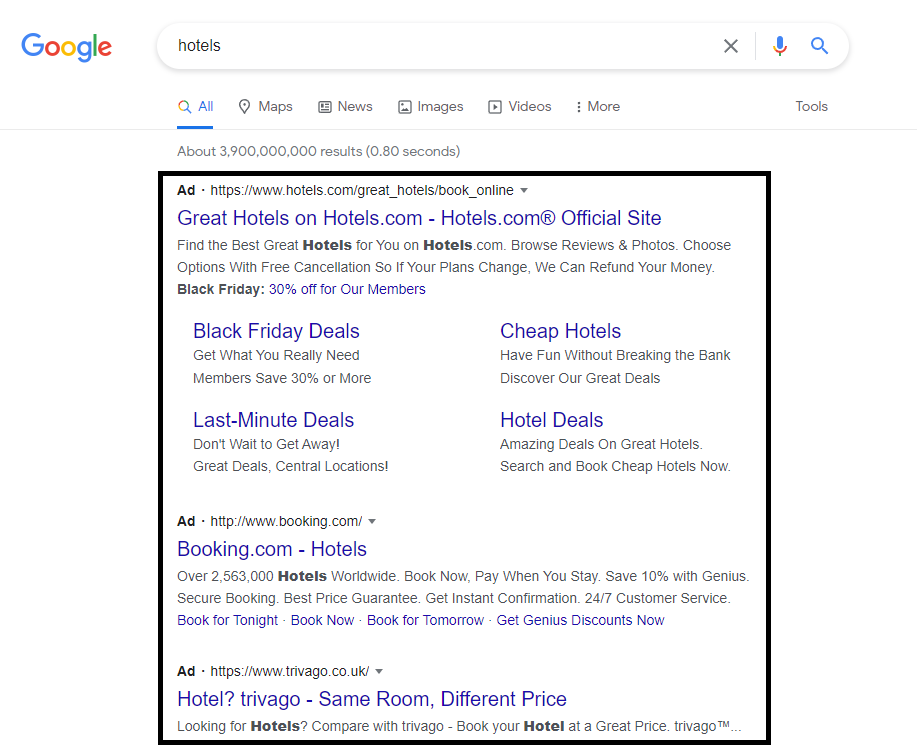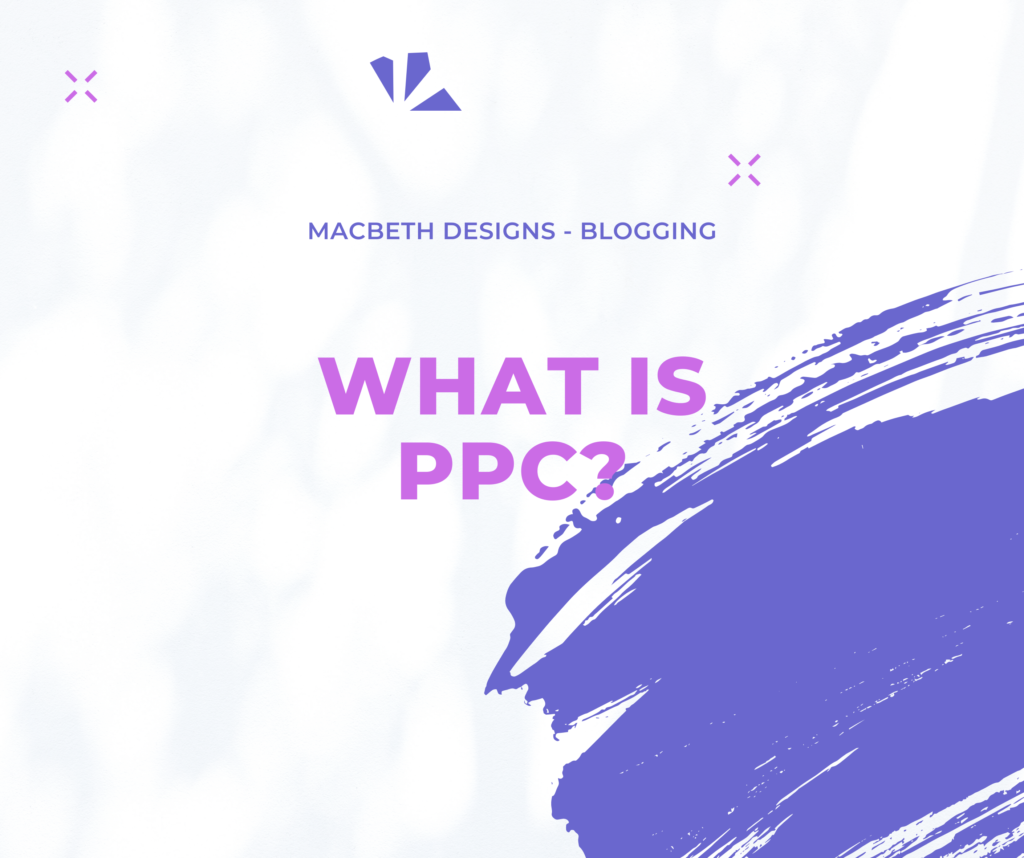You’ve come to the correct place if you’ve heard a little about PPC marketing and want to learn more, or if you already know you want to utilise PPC to market your business but aren’t sure where to begin. This is the first of three guided courses in PPC University that will teach you everything you need to know about PPC and how to make it work for you.
We must first define PPC and gain a basic understanding of how PPC advertising works. Let’s get started!
Firstly... What is PPC?
Pay-per-click (PPC) is an online marketing approach in which advertisers are charged a fee each time one of their adverts is clicked. It’s essentially a means of purchasing visitors to your website rather than trying to “earn” them organically.
One of the most common types of PPC is search engine advertising. When someone searches for a keyword relating to their company offering, it allows advertisers to bid for ad placement in a search engine’s sponsored links. If we bid on the keyword “PPC software,” for example, our ad might appear at the very top of the Google results page.

We must pay a tiny fee to the search engine every time our ad is clicked, resulting in a visitor to our website. When PPC is working properly, the charge is insignificant because the visit is worth more than the amount you pay. In other words, if we pay £2 for a click that results in a £400 transaction, we’ve profited handsomely.
There’s a lot that goes into creating a successful PPC campaign, from researching and picking the correct keywords to structure those keywords into well-organized campaigns and ad groups to creating conversion-optimized PPC landing pages.
Google Ads... What and Who Are They?
Google Ads is the most widely used pay-per-click (PPC) advertising system on the planet. Businesses can use the Ads platform to produce advertisements that display on Google’s search engine and other Google domains.
Users bid on keywords and pay for each click on their ads in Google Ads, which works on a pay-per-click premise. When a user conducts a search, Google looks through its pool of Ads advertisers and selects a few winners to appear in the premium ad space on the search results page. The “winners” are determined by a number of criteria, including the quality and relevance of their keywords and ad campaigns, as well as the size of their keyword bids.
Ad Rank is a statistic generated by multiplying two important elements – CPC Bid (the maximum amount an advertiser is willing to spend) and Quality Score – to determine who gets to appear on the page (a value that takes into account your click-through rate, relevance, and landing page quality). This technique enables winning advertisers to reach out to potential customers at a price that is affordable to them. It’s essentially a bidding war.
PPC marketing with Google Advertising is especially beneficial since, being the most prominent search engine, Google receives a lot of traffic and so delivers the most impressions and clicks to your ads. The frequency with which your PPC ads appear is determined by the keywords and match types you choose. While many aspects influence the performance of your PPC advertising campaign, you can achieve a lot by concentrating on:
- Relevance of keywords – Creating relevant PPC keyword lists, keyword groups, and ad copy.
- Landing Page Quality — Creating optimised landing pages that are suited to individual search queries and include convincing, relevant content and a clear call-to-action.
- Quality Score — Google assigns a score to your keywords, landing pages, and PPC ads based on their quality and relevancy. Advertisers with higher Quality Scores receive more ad clicks for less money.
- Creative ad content is essential, and if you’re advertising on the display network, you can use a tool that will entice people to click.
Keyword Research - PPC
Keyword research for PPC might be time-consuming, but it is critical. Keywords are the foundation of your entire PPC campaign, and the most successful Google Ads marketers are always expanding and refining their keyword list. If you simply undertake keyword research once, while creating your initial campaign, you’re likely missing out on hundreds of thousands of useful, long-tail, low-cost, and highly relevant phrases that might drive traffic to your site.
The following is an example of a good PPC keyword list:
- Relevant – Obviously, you don’t want to pay for website traffic that has nothing to do with your company. You want to select keywords that will boost your PPC click-through rate, cost-per-click effectiveness, and profitability. That is to say, the keywords you bid on should be directly relevant to the products and services you offer.
- Extensive – Your keyword research should not only contain the most popular and often searched terms in your niche, but also the long tail of search terms. Long-tail keywords are less prevalent and more precise, but they account for the majority of search traffic. They’re also less expensive because they’re less competitive.
- PPC is iterative and expansive. You want to keep refining and expanding your campaigns, as well as creating an atmosphere where your keyword list grows and adapts.


